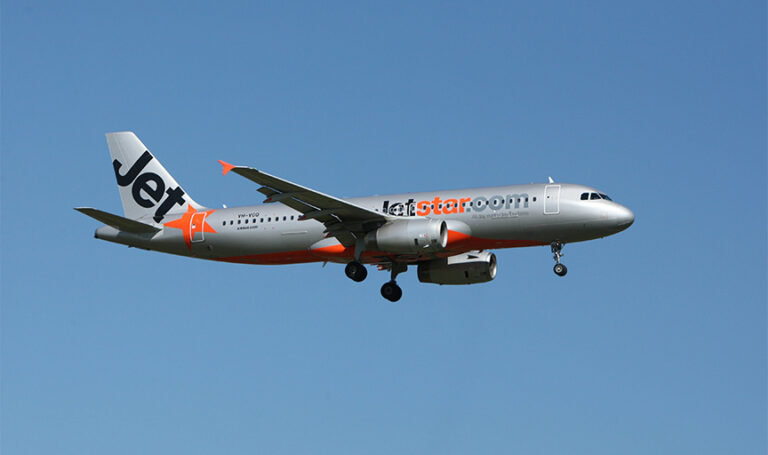Plane forced to turn back after horse breaks lose on board
In a bizarre incident that could only be described as an airborne escapade, a Boeing 747 cargo plane recently made headlines when it was forced to return to New York City shortly after takeoff to address an unexpected passenger situation—a horse on the loose.
Around 30 minutes into its journey to Belgium, the pilot calmly informed air traffic control: “Yes sir, we are a cargo plane; we have a live animal, a horse, on board the aeroplane, and the horse managed to escape its stall. We don’t have a problem flying-wise, but we need to return to New York. We cannot get the horse back secure.”
FlightRadar24 data illustrated the plane’s ascent to 31,000 feet before executing a U-turn off the coast of Boston. To adhere to safe landing weight regulations, approximately 20 tonnes of fuel were jettisoned over the Atlantic.
The humorous yet unprecedented situation led the pilot to make an additional request to air traffic control: “We need to have a vet on standby when we land.”
Upon landing at New York’s JFK airport, a control tower worker inquired if the pilot required assistance. The response? “On the ground, negative, on the ramp, yes. We have a horse in… difficulty.”
The operator of the flight, Air Atlanta Icelandic, has yet to provide official comments on this unexpected mid-air equestrian adventure.
The recent incident is not the inaugural occurrence of an animal breaking free from its cargo stall mid-flight. In a similar incident this past August, a bear managed to extricate itself from its crate during an Iraqi Airways flight travelling from Dubai to Baghdad.
This latest incident raises questions about the safety protocols in place for transporting live animals via cargo planes. While such events are rare, they emphasise the importance of securing cargo, especially when dealing with unconventional shipments.
Another important factor is the crazy situations airline crews can find themselves in. Besides the obvious worry about the horse’s safety, the crew had to figure out fuel and weight balance while ensuring a smooth and safe landing.






